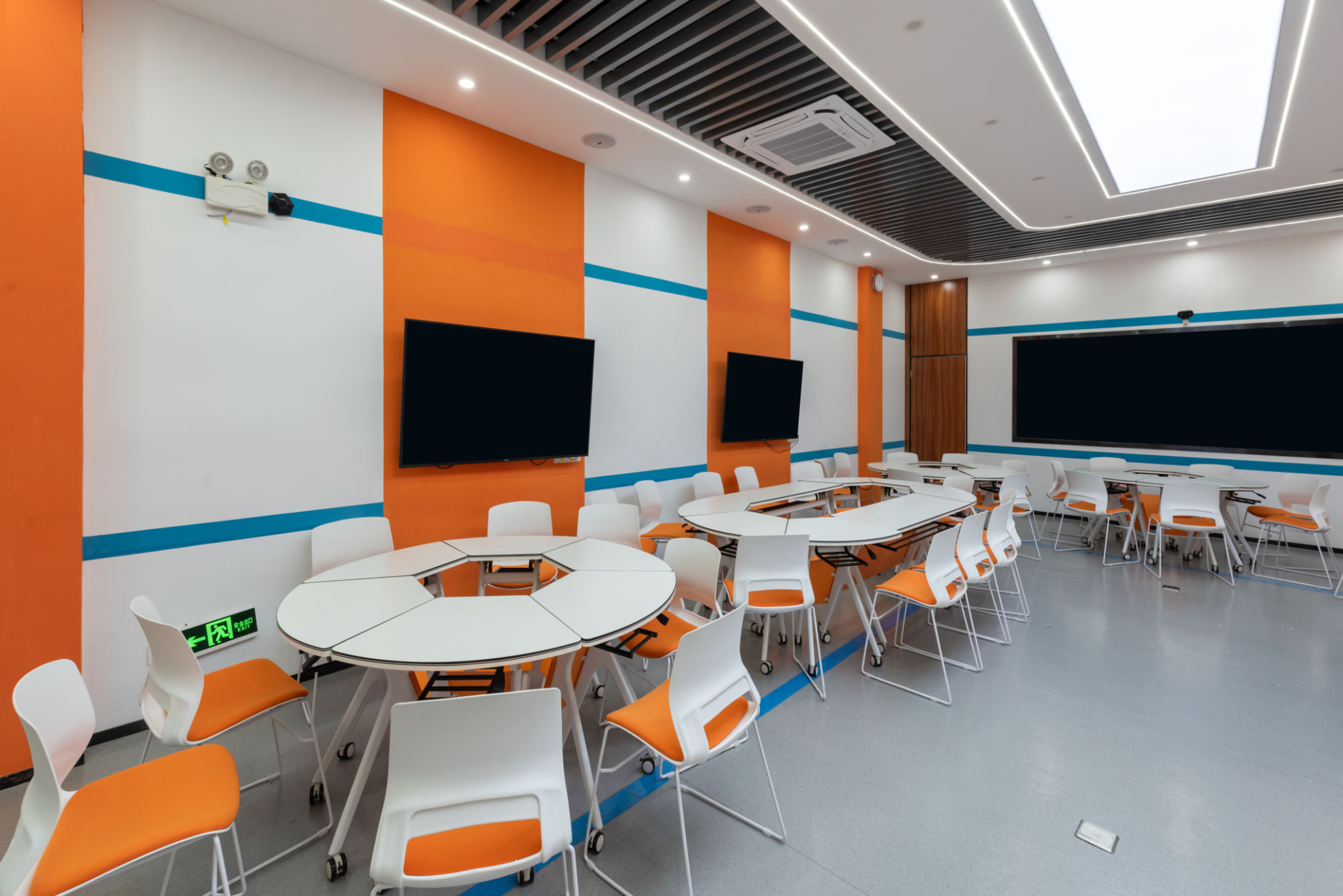The Future of Virtual Classrooms in UK Education: Expert Predictions
The Rise of Virtual Classrooms
The concept of virtual classrooms has been steadily gaining traction in the UK, particularly in response to the global pandemic that reshaped educational practices. As schools and universities adapted to remote learning, virtual classrooms became a lifeline for continued education. But what does the future hold for this transformative approach to learning? Experts predict that virtual classrooms will continue to evolve, becoming a permanent fixture within the UK's educational landscape.

Technological Advancements on the Horizon
Technology is at the heart of virtual classroom innovation. With advancements in artificial intelligence, augmented reality, and high-speed internet, the potential for immersive and interactive learning experiences is vast. Experts foresee a future where students engage with 3D models in science classes or explore historical sites through virtual reality headsets. These advancements are expected to enhance student engagement and understanding, making learning more dynamic and accessible.
Personalized Learning Experiences
One of the most significant advantages of virtual classrooms is the ability to tailor education to individual student needs. Through data analytics and AI-driven platforms, educators can track student progress and identify areas where they may need additional support or challenges. This personalization ensures that each student receives an education that caters to their strengths and weaknesses, promoting better learning outcomes.

Challenges and Solutions
Despite the promising future of virtual classrooms, several challenges remain. Issues such as digital inequality, lack of access to technology, and cybersecurity concerns need to be addressed to ensure equitable education for all students. Solutions include government initiatives to provide necessary technology to underprivileged students and robust cybersecurity measures to protect sensitive information.
The Role of Educators
The transition to virtual classrooms requires educators to adapt their teaching methods. Professional development and continuous training are crucial for teachers to effectively utilize digital tools and platforms. By empowering educators with the skills needed for virtual teaching, schools can ensure a smooth transition and maintain high-quality education standards.

Collaboration and Community Building
Virtual classrooms also open new avenues for collaboration and community building, both locally and globally. Students can interact with peers from different cultures, broadening their perspectives and fostering a sense of global citizenship. Additionally, educators can collaborate on projects, share resources, and develop best practices that can benefit the wider educational community.
Sustainability and Future Prospects
The environmental benefits of virtual classrooms are another factor driving their future growth. By reducing the need for physical commutes and paper-based materials, virtual learning contributes to sustainability efforts. As society becomes increasingly conscious of environmental issues, virtual classrooms offer an eco-friendly alternative to traditional schooling methods.

Conclusion: A Blended Approach
Looking ahead, experts predict that the future of education will embrace a blended approach, integrating both virtual and traditional classroom experiences. This hybrid model allows for flexibility, accommodating different learning preferences while retaining the benefits of face-to-face interaction. As technology continues to advance, virtual classrooms are poised to become an integral part of UK education, shaping the way students learn and interact in an increasingly digital world.
